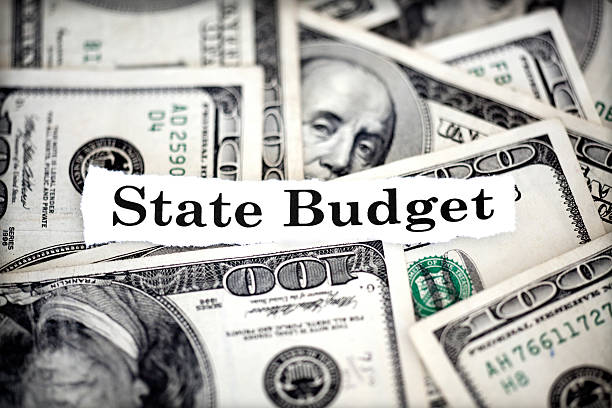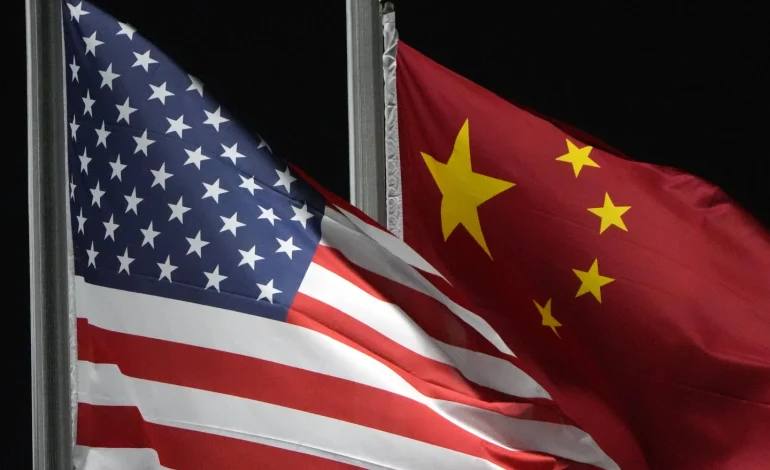China has firmly denied recent assertions by US President Donald Trump that Washington and Beijing are currently engaged in negotiations to ease trade tensions, particularly regarding tariffs.
On Thursday, Chinese officials described such claims as entirely unfounded, emphasizing that no formal talks are underway.
“There are currently no economic and trade negotiations between China and the United States,” said He Yadong, spokesperson for China’s Ministry of Commerce. “Any claims about progress are as baseless as trying to catch the wind.”
His comments directly contradicted Trump’s recent remarks that tariff talks were “active” and that current rates — which stand at 145% on Chinese imports — could be “substantially” reduced.
China’s foreign ministry echoed the message, with spokesman Guo Jiakun stating:
“If it’s a fight, we will fight to the end; if you want to talk, the door is open.”
However, he reiterated that any talks must occur under principles of equality and mutual respect.
The confusion comes amid mixed signals from Washington. While President Trump spoke optimistically about potential negotiations, his Treasury Secretary Scott Bessent clarified that no high-level discussions were taking place and said that any de-escalation would require mutual action.
“I don’t think either side believes that the current tariff levels are sustainable,” Bessent said, adding that discussions may eventually take place, but not yet.
The economic standoff, which began with the United States’ imposition of sweeping tariffs on Chinese goods citing unfair trade practices, has escalated in recent months. In retaliation, China raised tariffs on US imports to 125%, restricted exports of key raw materials such as rare earth minerals, and lodged several complaints against the US at the World Trade Organization.
China has also stressed that for meaningful dialogue to begin, the US must roll back what Beijing considers “unilateral tariff measures.”
“If the United States really wants to resolve the issue, it should fully cancel these tariffs and approach the matter through equal dialogue,” said He Yadong.
Despite the mounting economic pressures, both sides appear to be holding firm to their positions. President Trump has simultaneously suggested a cooperative outlook — saying he intends to “be very nice” to Chinese President Xi Jinping — while continuing to uphold a high-tariff regime that has rattled markets globally.
Investor sentiment has fluctuated accordingly. Following Trump’s suggestion of reduced tariffs, US markets rallied briefly, only to stall again after China’s denial of any ongoing discussions. Asian and European markets reflected similar uncertainty, with indices across the regions posting mixed results.
Economic analysts have warned that the prolonged standoff could impact global growth. The International Monetary Fund recently downgraded its forecasts for both the US and Chinese economies, citing tariff-related risks. Major US companies, including PepsiCo and American Airlines, have adjusted or withdrawn earnings forecasts due to economic uncertainty.
In the meantime, both governments appear to be testing each other’s resolve. Chinese officials have hinted that domestic political factors — such as a relatively insulated leadership — allow them to play a longer game, while analysts suggest Trump may face increasing domestic pressure if tariffs begin to significantly affect US consumers and businesses.
With input from the Associated Press, the New York Times, and NBC News.










The latest news in your social feeds
Subscribe to our social media platforms to stay tuned